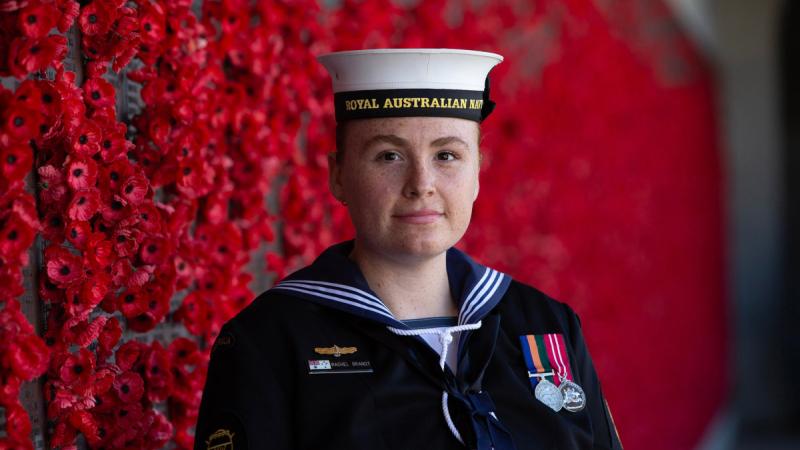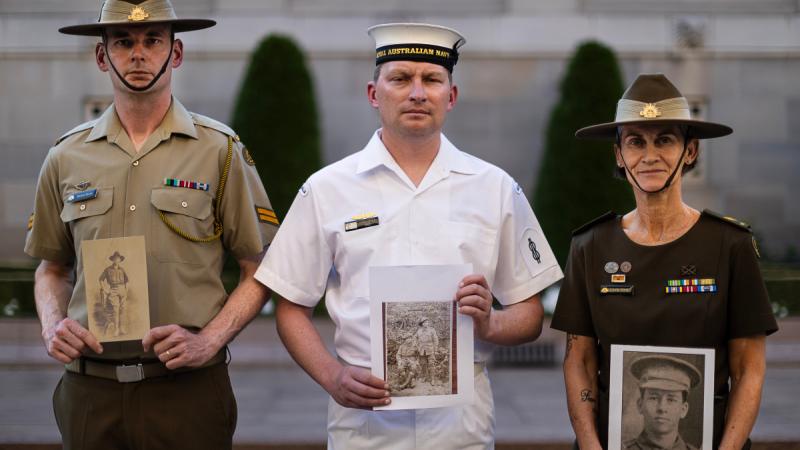A trial aimed at providing world-best practice for spinal cord injury is among four projects set to share in $800,000 in funding.
Central Adelaide Local Health Network (CALHN) CEO, Lesley Dwyer, said the projects have been selected to receive $200,000 over the next two years as part of the ‘Clinical Rapid Implementation Project Scheme’ (CRIPS).
“These innovative hospital-based projects have been chosen because they identify real solutions to improving the delivery of health services across our network,” Ms Dwyer said.
“The projects will explore the rapid assessment of patients with spinal cord injuries, a new process to improve outcomes in perioperative care, better treatment pathways for patients with atrial fibrillation or heart arrhythmia, and new models of care to improve outcomes for Aboriginal patients on dialysis.
“At the conclusion of the two-year projects, the findings will be used to drive future policies which will help us continue to deliver world-class patient care.”
Royal Adelaide Hospital (RAH) Head of Spinal Services, Professor Brian Freeman, said his grant will be used to determine whether introducing a new method of rapid assessment for patients with traumatic Spinal Cord Injuries (SCI) can help to improve their outcomes.
“Traumatic spinal cord injury is a life changing neurological condition with substantial socioeconomic implications for patients and their caregivers,” Prof Freeman said
“This funding will help us implement an emergency process known as ‘Code Spine’ to fast-track traumatic SCI patients from incident to surgery within eight hours.
“This will require rapid assessment by health professionals including paramedics, emergency consultants and spinal surgeons.”
RAH Renal Complex Care Nurse Consultant, Brian Farmer, said his funding will be used to deliver better dialysis care for Aboriginal patients with the help of a culturally and clinically capable workforce.
“Our project will involve the recruitment and training of two Aboriginal Health Practitioners in haemodialysis,” Mr Farmer said.
“It will also support the implementation of a two-chair dialysis service at Kanggawodli Hostel, that has been co designed using Aboriginal consumers and partners.
“We hope this will help to improve treatment adherence and ultimately improve outcomes for Aboriginal dialysis consumers.”
The successful projects are:
- Code Spine
Head of Spinal Services, Professor Brian Freeman.
The development and implementation of world’s best practice for acute management of spinal cord injury.
- Aboriginal dialysis models of care
Renal Complex Care Nurse Consultant, Brian Farmer.
Improving health outcomes in Aboriginal patients by improving adherence to dialysis treatment.
- Rapid Access for Atrial Fibrillation (AF)
Director of Pacing and Electrophysiology, Professor Prashanthan Sanders.
The impact of an emergency department protocol and rapid access AF clinic to reduce hospitalisations for AF.
- Advanced Recovery Room Care
Professor of Anaesthesia, Professor Guy Ludbrook.
Improving outcomes and reducing the cost of perioperativecare.








